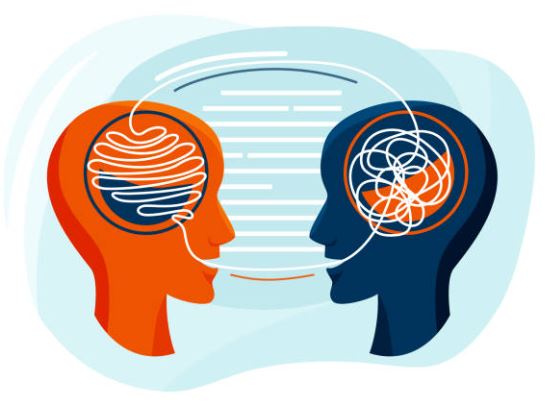When Your Toddler Says “I Hate You”
When your 3-year-old looks you in the eye and declares “I hate you!” with all the intensity they can muster, your heart likely sinks. This devastating phrase is actually one of the most normal things your toddler can say — and counterintuitively, it often indicates a secure attachment rather than rejection. Research in developmental psychology reveals that toddlers who express these intense emotions to their parents typically feel safe enough to share their biggest feelings because they trust in unconditional love.









